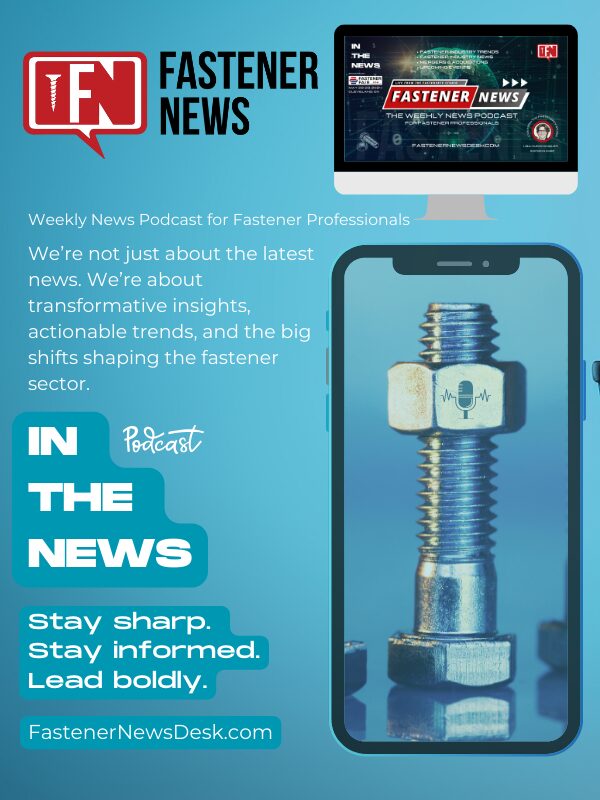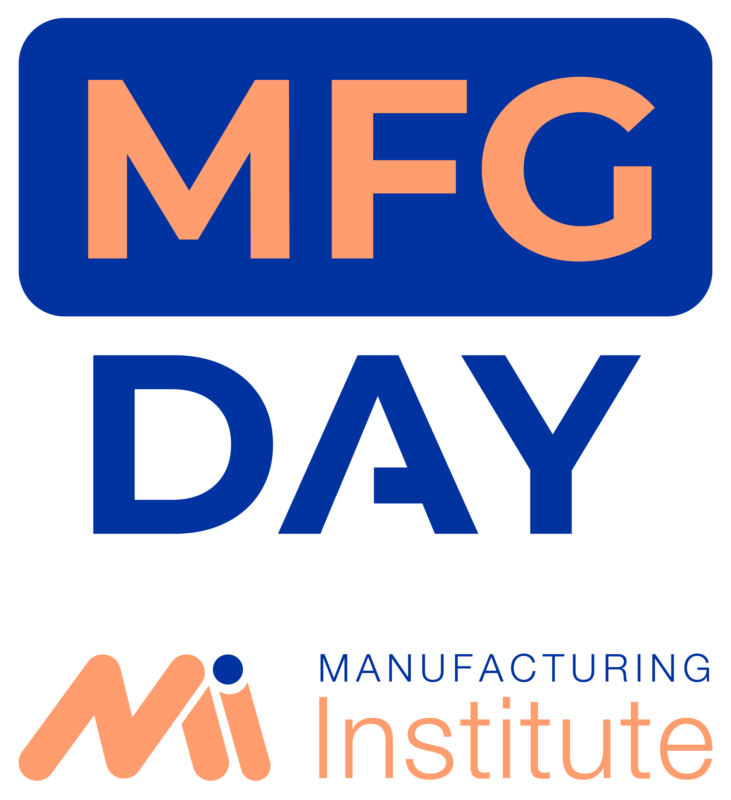 Technology is changing the nature of work. To prepare the workforce of tomorrow and ensure sustainable and inclusive growth, education and vocational training will need to adapt to new ways of working.
Technology is changing the nature of work. To prepare the workforce of tomorrow and ensure sustainable and inclusive growth, education and vocational training will need to adapt to new ways of working.
As companies and organizations in all sectors deploy new technologies—including automation and artificial intelligence—ensuring this evolution fosters shared, sustainable prosperity will likely hinge on how well societies prepare the workforces of tomorrow.
Private- and public-sector leaders have a critical role to play in helping to create family-sustaining jobs, close skills gaps, and ensure tech-fueled growth leaves no one behind. This topic is explored in a new report prepared by McKinsey for the 2023 World Government Summit that can be downloaded here. Drawing from McKinsey research, the report examines trends across the major stages of education, from early childhood to lifelong learning, with a particular focus on the Middle East and North Africa (MENA). It highlights the importance of focusing on skills development at all educational stages and examines how new technologies and approaches can help both students entering the workforce and workers to succeed. This report explores eight key findings, among the myriad factors shaping the future of education.
- Millions of workers globally will need to change occupations as automation is increasingly deployed. In the MENA region, 45 percent of existing work activities can be automated today—close to the global average of 50 percent1—and the skills gap is significant. But studies suggest that MENA countries are highly adaptable.2
- Demand for social and emotional skills along with higher cognitive skills will grow, as will demand for both basic and advanced digital skills. Educational systems and companies are already building a living list of future skills to mobilize learners and educators. Alongside skills of the future, focusing on foundational skills including basic literacy and numeracy will be essential.
- Bold and frequent upskilling can expand earning opportunities. Work experience contributes between 40 and 60 percent of an individual’s overall human capital value, according to our research,3 and people in the most upwardly mobile cohorts make frequent bold moves.
- Demand for new technologies in education, boosted by the pandemic, is rising. Technologies that enhance connectivity, support self-paced learning, and inform student progress are increasingly deployed as part of a “blended” education in higher education. However, the essence of any successful blended-learning model is to combine the best of technology with intensive human interaction, especially for younger students.
- Early childhood education is a critical period for skills development. Every dollar invested in high-quality early childhood education produces a 7 to 10 percent per annum return on investment,4 and recognition is growing of the intersection between early education, health, and social services. This is an opportunity for the MENA region, whose preprimary gross enrollment ratio is the third lowest in the world.5
- K–12 education is seeing increased focus on embedding future skills in curriculums and ways of teaching and engaging students. This often involves approaching basic literacy and numeracy and future skills together and focusing on professional development and training for teachers. Research nonetheless shows that knowledge remains critically important, with major new opportunities arising from cognitive neuroscience and other evidence-based approaches.
- Higher education is shifting to a skills-first approach. Programs include real-world application of skills, with an emphasis on building communities and networks. A new micro-credentialing system in higher education is also starting to emerge that prepares students for the world of work more flexibly.
- Skills development continues in the workplace long after formal education ends. To ensure a workforce with skills appropriate for the changing workplace, employers can consider hiring more for skills and less for experience and qualifications, embracing a “talent incubator” mindset that supports employees who take on different roles and being thoughtful and deliberate about how to address skills gaps.
Read report: The skills revolution and the future of learning and earning
the-skills-revolution-and-the-future-of-learning-and-earning-report-f
Content Source: McKinsey
RELATED CONTENT:
How distributors can self-disrupt to win in the new digital world
Reports

















